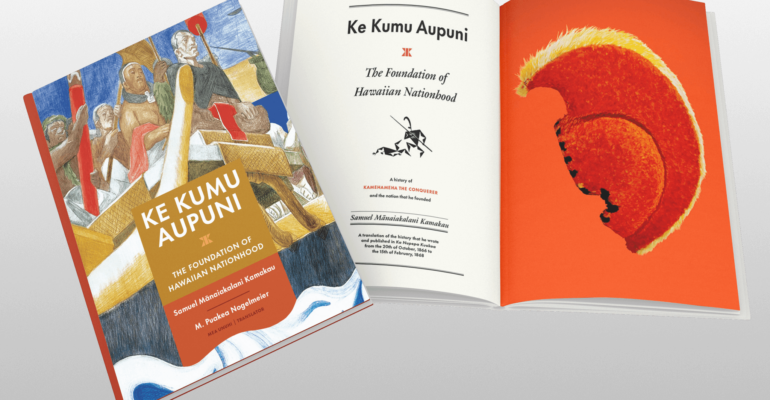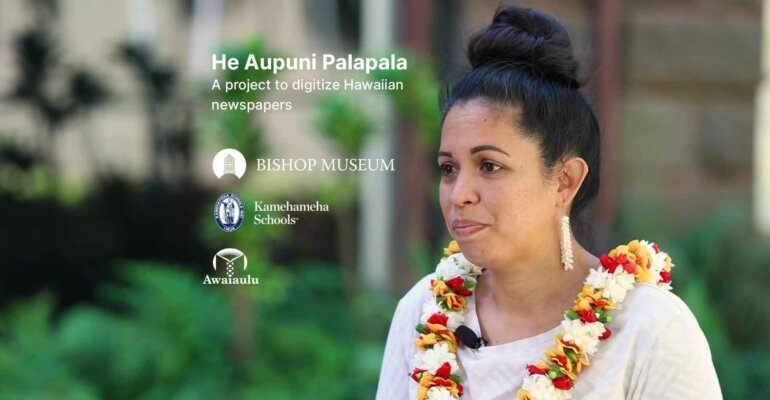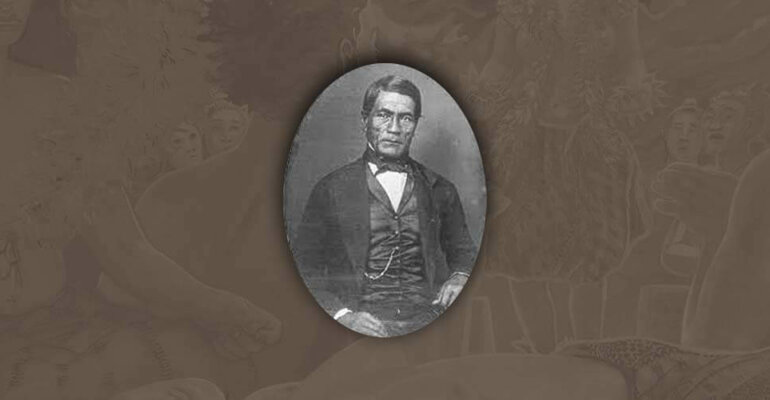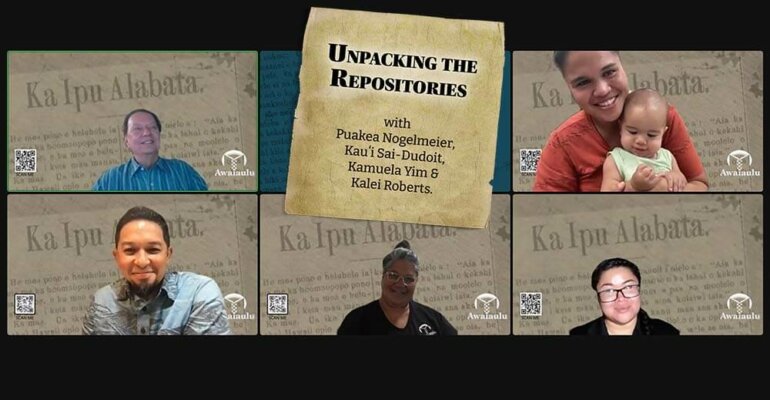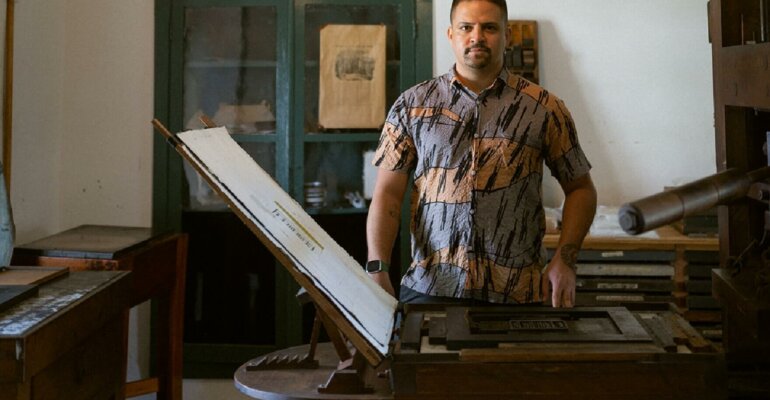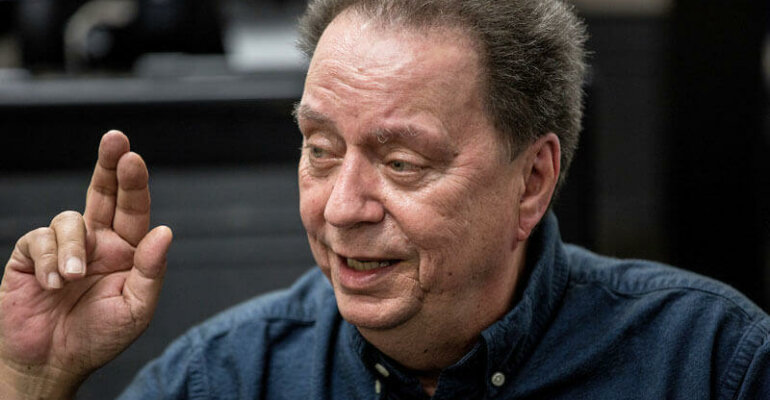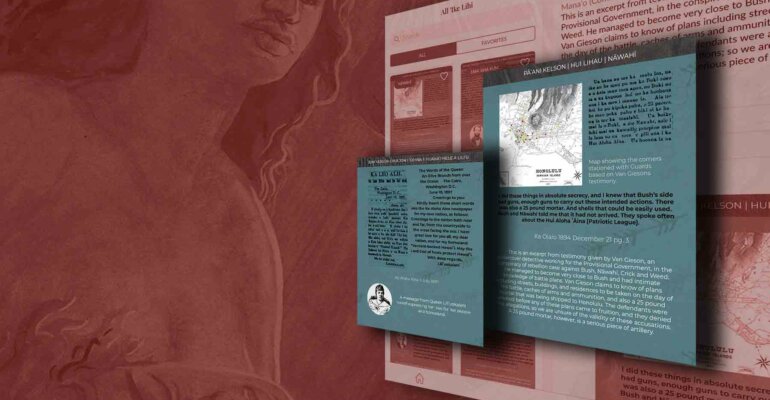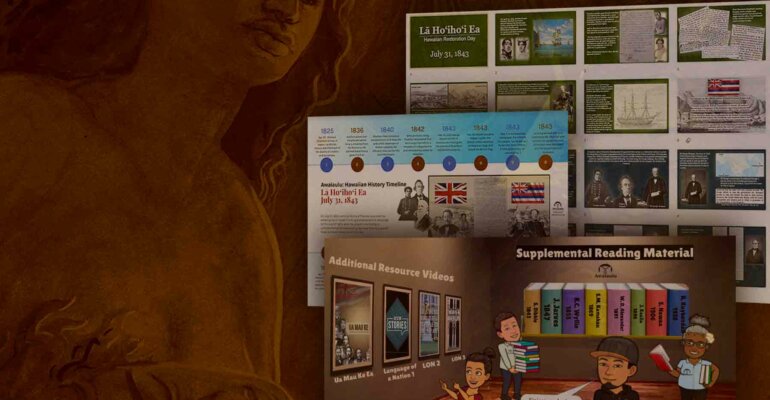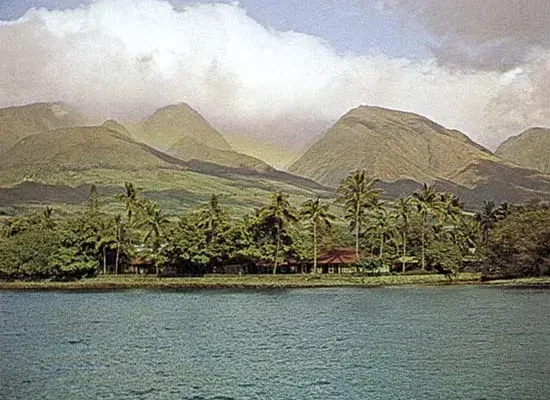
What is the Proper Spelling and Pronunciation: Lahaina or Lāhainā?
From Hawaii Business magazine, 18 September 2023. Hawaiian language experts and other sources say the proper spelling and pronunciation may not include diacritical marks. “If you listen to the older tapes with Native speakers, they say ʻLahaina,’ which if you were to write it out

